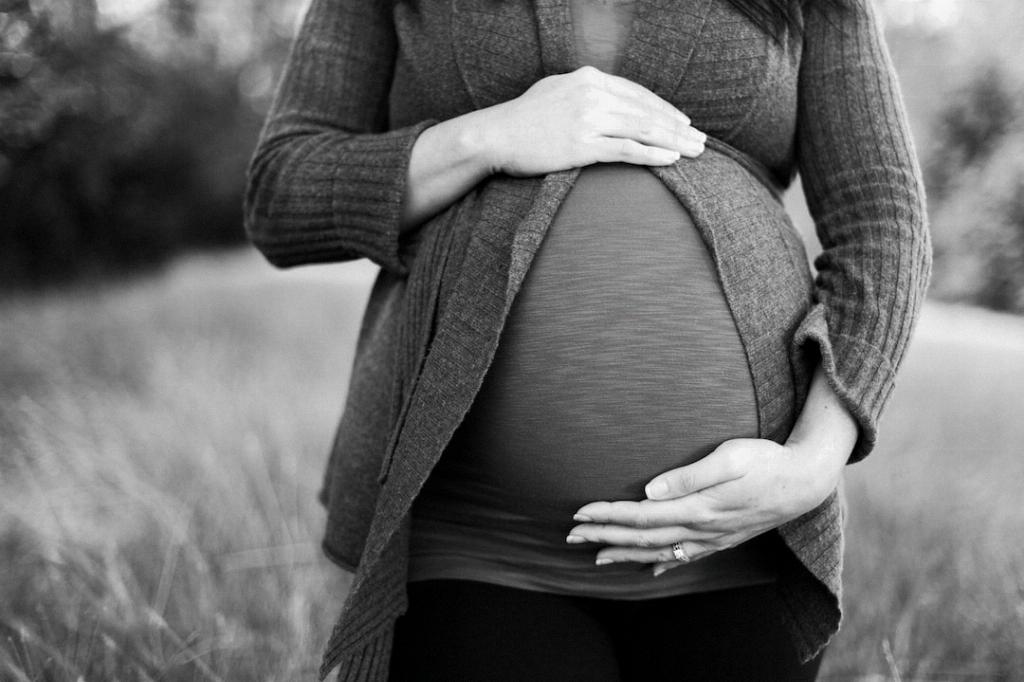When it comes to considering the possibility of pregnancy after a Cesarean section (C-section), many women may have concerns about the potential risks involved. Research findings have shed light on the risks associated with pregnancy following a C-section, particularly in relation to certain complications that can arise.
One important aspect to consider is the increased risk of placenta previa in subsequent pregnancies after a C-section. Studies have shown that there is a higher likelihood of placenta previa occurring in women who have had a previous C-section, indicating a potential risk factor that should be taken into account.
In addition to placenta previa, another risk to be aware of is placenta accreta, which has been found to be more common in pregnancies following C-section deliveries. This complication can pose significant challenges and may require careful monitoring and management to prevent complications for both the mother and the baby.
Furthermore, the risk of placental abruption is also elevated in pregnancies after a C-section. Placental abruption is a serious condition that occurs when the placenta separates from the uterus prematurely, leading to potential complications such as bleeding and fetal distress. This increased risk emphasizes the importance of close monitoring during pregnancy.
It is crucial for women who are considering pregnancy after a C-section to be aware of these potential risks and to work closely with their healthcare providers to ensure a safe and healthy pregnancy journey. Regular prenatal care and monitoring can help in early detection of any signs of complications, allowing for timely intervention and management.
While the risks associated with pregnancy after a C-section are real, it is important to note that not all women will experience these complications. Each individual’s health history and specific circumstances play a role in determining the level of risk involved in a subsequent pregnancy, highlighting the need for personalized care and attention during this time.
Despite the increased risk of certain complications, many women who have had a C-section go on to have successful and uncomplicated pregnancies. By staying informed, maintaining open communication with healthcare providers, and following recommended guidelines for prenatal care, women can empower themselves to make informed decisions regarding pregnancy after a C-section.
Ultimately, the decision to pursue pregnancy after a C-section is a personal one that should be made based on individual circumstances and considerations. By weighing the risks and benefits, seeking appropriate medical guidance, and taking proactive steps to ensure a healthy pregnancy, women can navigate this journey with confidence and positivity.
In conclusion, while there are indeed risks associated with pregnancy after a C-section, with proper care, monitoring, and support, many women can have successful outcomes and healthy pregnancies. By staying informed, proactive, and attentive to their health needs, women can approach this exciting chapter with resilience and optimism.

